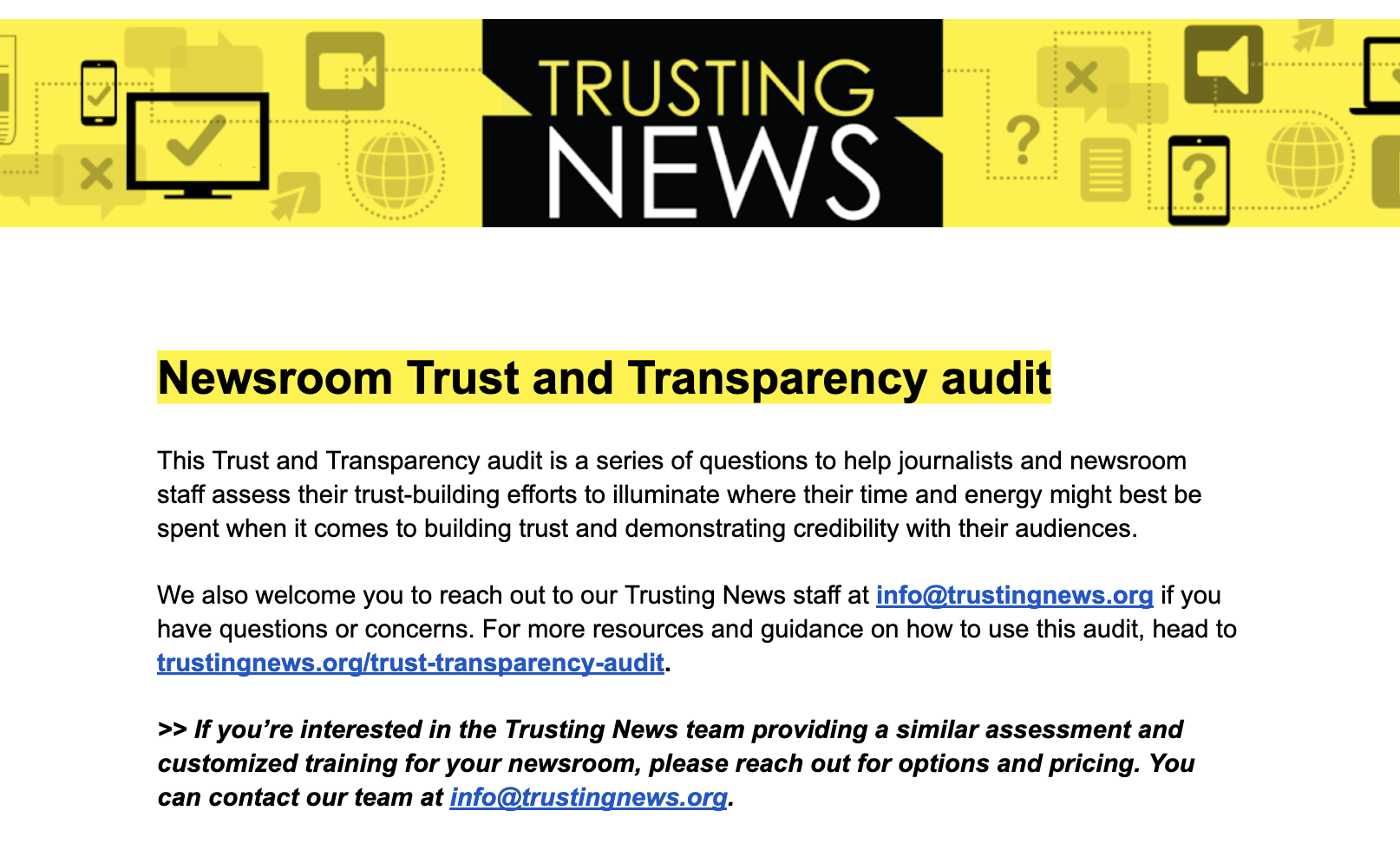Tim Winton -- Permaforest Trust
Nov. 17, 2006 -- Declining energy availability and changes to global climate patterns are now starting to be felt around the world. Preventing the effects of these two trends and a host of related challenges is no longer entirely possible: your approach to sustainability must now include preparations for life in a fundamentally different world. The good news is that great crisis can lead to great change. In this article you will learn seven important factors that you can use personally in transforming global challenges into the emergence of an ecologically stable and economically sound planetary society.
Peak oil and climate change represent major symptoms of the limits to growth of our current economic system. Other limits to growth include water, topsoil, concentrated ore bodies, fisheries and the ability of the biosphere to process many of our other industrial wastes. For over thirty years scientists have been warning that the biosphere is being damaged and that its ability to provide vital environmental services is being diminished. This information has not changed the behavior of enough people to avoid the negative consequences we are now starting to experience. Why is this so? If we have clearly identified the problem and people know about it, why haven’t we changed our ways? The answer leads to our first important point.
1) Integrate Systems Thinking
To paraphrase Albert Einstein, problems can not be solved at the same level of thinking at which they were created. Using a linear one way process of information delivery has had only limited effect in motivating systemic societal change. To effectively redesign our global growth oriented society we need to move from linear thinking to a more holistic, systemic and integrated way of dealing with complexity. We must do this by mimicking the ecological patterns of nature. Learn the patterns of ecological thinking and start to integrate yourself more closely with the productivity and services provided by your local natural systems. With energy decent and cuts to carbon emissions, access to environmental services like fresh water, food production and biomass fuel will become more and more important.
2) Increase Self Reliance
With high fuel costs limiting international and national transport, increased personal, family, community and bioregional self reliance will be important. The global economy may not be able to provide the goods and services it once did, but local economies and neighborhoods are capable of filling the gaps. Instead of relying on the global economy we will have to work together locally to get better at looking after ourselves and our local communities.
3) Economic Disruption
Disruptive weather patterns due to climate change and the reduction of industrial activity brought about by declining oil and gas supplies will have negative effects on the economy. Our current global financial system can not work effectively with shrinking production in the physical economy. It is configured only for growth. Reduce, avoid or pay down debt on essential assets like your home and business, and reduce your outgoing expenses. Prepare for increased recessionary periods and the end to conventional economic growth. It is time to start thinking about battening down the hatches financially.
4) Don’t Despair
On learning the full gravity of the global situation, it is easy to become overwhelmed and fall into despair. Often big issues like climate change and peak oil are pushed off the radar as we attend to more pressing matters. When we are finally forced to acknowledge them, we can feel powerless in the face of these huge challenges and become gripped by despair. This is a common pattern and it is a normal part of coming to terms with crisis. However, getting stuck in despair can lead to feelings of powerlessness and a fascination with social and ecological collapse. If you experience despair, recognize it for what it is and prepare to move on to action for positive change.
5) No Fighting
Economic and environmental stresses can lead to war. The worst case scenario is that as nations we refuse to take responsibility for the global situation and instead blame others for our diminished circumstances. We must resist the temptation to support aggression and wars to secure diminishing energy and environmental resources. Be diligent in ensuring military activity is just and in the interests of global peacekeeping.
6) Planetary Emergence
The emergence of a planetary society is possible. Crisis can be the feedback motivating change in us personally and collectively. We are not changing quickly enough now, but as the feedback from climate change and energy decent start to become much larger in people’s lives there will be a big opportunity to facilitate positive change. Retain your commitment to planetary emergence and facilitate the process for others.
7) Tell This Story
It is important to tell the story of planetary emergence. Stories shape the space where cultures emerge. There are no technical limitations to making the transition to an ecologically sound society. The hard work will be done in helping people individually and collectively make positive transitions to a slower, more localized, conserver culture where we share more and use less. This opens up possibilities for a richness in culture and meaning that has been lacking in our lives. The story of planetary emergence is that it is only a matter of belief informing action. By integrating the personal, cultural and ecological aspects of the challenge we can create this story. Tell this story!
LINK: Permaforest Trust
{mos_sb_discuss:2}






